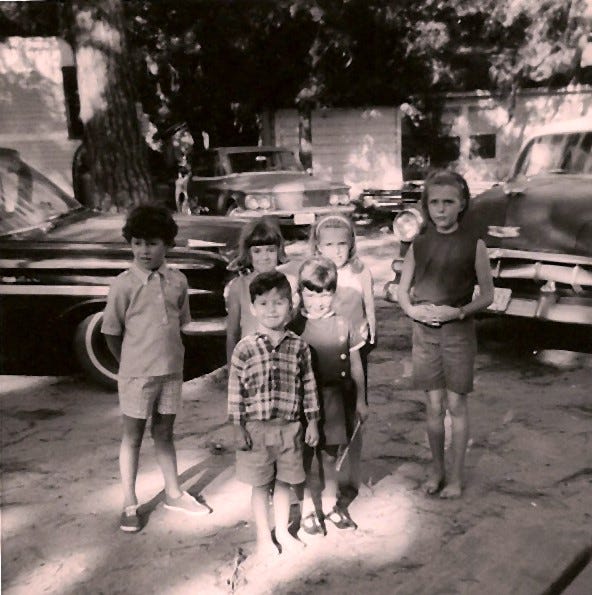Getting real about changing climate
Knowing history to inform the future
Growing up along the creeks of Murrells Inlet and fishing in the Atlantic taught me a lot about paying attention and making adjustments. Working at our family marina and getting the head boats loaded and out on time was paramount. So were changing conditions; wind, weather and tides, especially when passengers lives were in the hands of captains and crews. Understanding it all and the impacts were of utmost importance. So were contingency plans for public safety.
I was all of seven years old when my daddy ‘Capt. Alex’ received recognition for being a ‘Storm Warning Displayman’ getting a special pin for his 10 years of service of putting out flags to warn local mariners of coming storms.
The days of contingency plans for water and wind have changed over the decades. Now we know much more about where flooding from King Tides and storm surges are likely to land. As a coastal community, we also know were sea level rise is going to impact us the most. Add in a northeaster, tropical disturbance or hurricane and history has shown us here, the water is going higher in places that have never seen it before.
There is no denying Murrells Inlet and Garden City Beach need to plan for increasing water and the inevitable drowning of the salt marsh. Our first line of defense, the salt marsh, needs thoughtful planning today.
Healthy salt marshes are vitally important for the estuary ecosystem and offer storm protection for the Murrells Inlet mainland and back beaches. Without them, we will be dealing with more water flowing higher inland with nothing to absorb floodwater or filter out pollutants we know are in stormwater runoff.
Since I was the kid by the creek, I have seen the changes here and studied the local historical record. It seems to me that any number of decision makers could use a refresher on our history. Given more recent rhetoric on climate change being a hoax, it is as if leaders would rather shoot the messengers than learn about the history behind changing conditions.
More to the point, ignoring the future and changes in sea level, is willfully ignorant. Failing to prepare our people and places for the future and changing conditions will not erase history but it will surely get you in the history books.
Learning from history is the focus on a new book Our Fragile Moment by Michael E. Mann. I’m looking forward to reading it as soon as it is delivered to my door.
See for yourself how changing conditions will impact you where you live. Create your own map and become part of the moment by working towards solutions.



